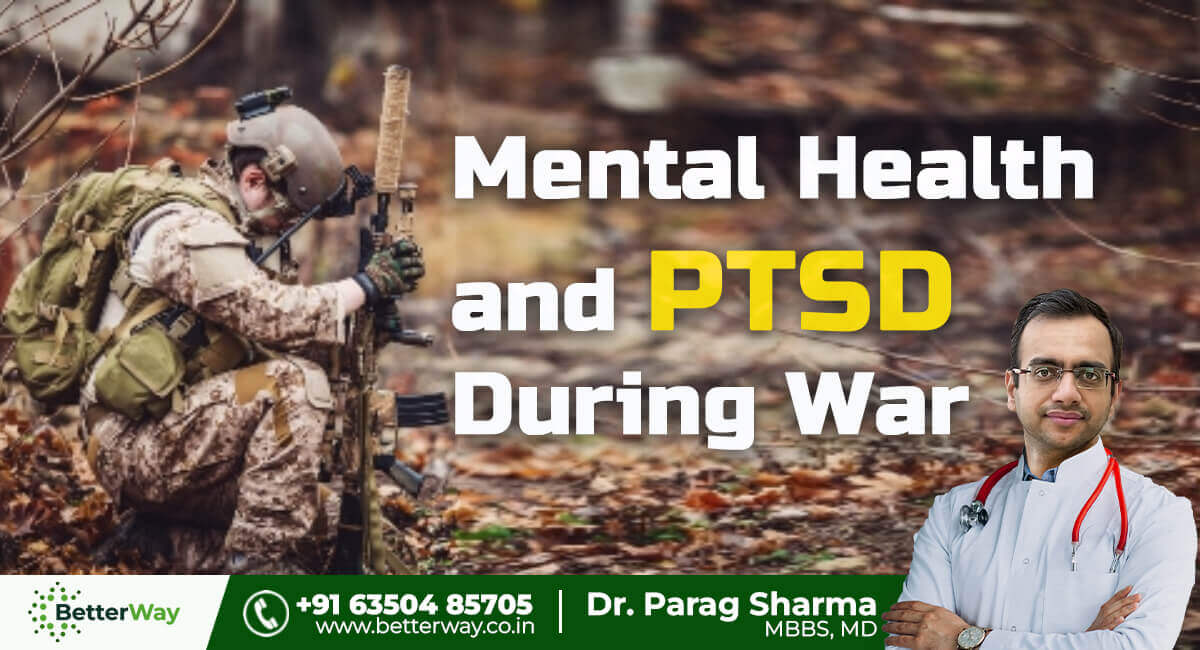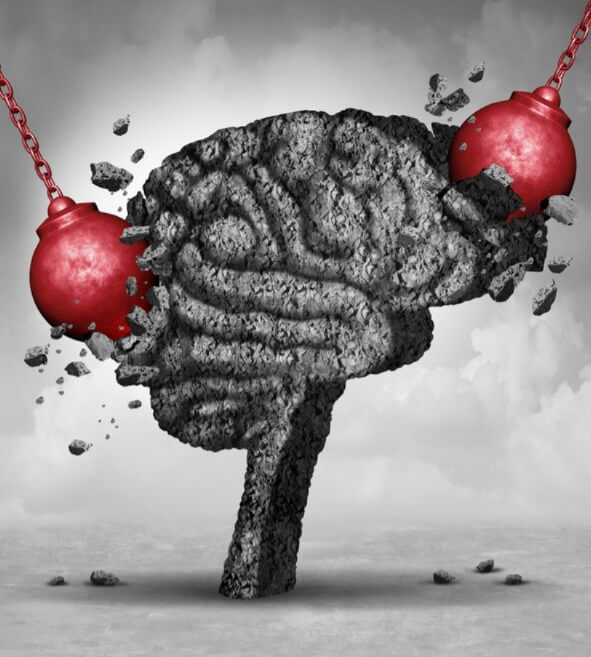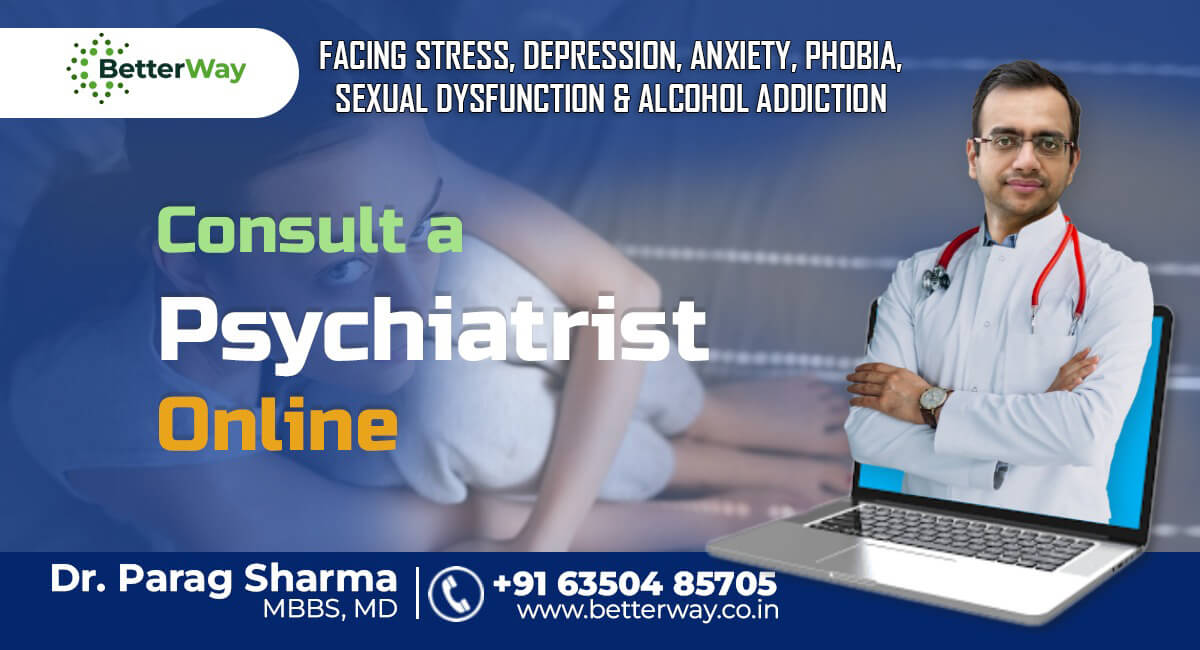Mental Health and PTSD in Punjab: Understanding the Impact of War (Conflict) on Emotional Well-being
In Punjab, a state steeped in rich culture and resilience, the mental health of its people is increasingly shaped by ongoing stressors like regional conflict, socio-political unrest, and historical trauma. This is especially true for individuals living in border areas near Pakistan, where the threat of Indo-Pak conflict often looms. Understanding how war and trauma influence mental health is vital for building stronger, healthier communities in Punjab.
How Does War Affect Mental Health?
When conflict or war occurs, its impact extends far beyond the battlefield. It deeply affects local civilians, children, elders, and military families who live in constant fear of violence. According to a 2019 World Health Organization (WHO) report, nearly 22% of people living in war zones suffer from mental health conditions such as Post-Traumatic Stress Disorder (PTSD), anxiety, or depression.
Punjab, due to its proximity to the border and its experience with terrorism and political violence, is especially vulnerable to such psychological distress.
PTSD in Punjab: A Growing Concern
Post-Traumatic Stress Disorder (PTSD) is one of the most prevalent mental health conditions caused by war-related trauma. It occurs in individuals who directly witness or indirectly experience traumatic events—such as bombings, armed conflicts, or even distressing media coverage of violence.
Common symptoms of PTSD include:
Intrusive memories and flashbacks
Avoidance of places or people linked to the trauma
Heightened fear, panic attacks, and hyper-vigilance
Difficulty concentrating or memory issues
Chronic pain without medical explanation
Emotional numbness or sudden unconscious episodes
In Punjab, PTSD is commonly diagnosed among ex-servicemen, border security personnel, displaced villagers, and even school-going children who have been exposed to conflict-related stress.
In untreated cases, PTSD can also lead to substance abuse, particularly alcohol dependence, as a coping mechanism.
Cultural and Community Impact
Punjabi communities often value strength and emotional control, making it difficult for individuals to openly speak about their mental struggles. This stigma around mental illness prevents many from seeking timely care. Women, children, and the elderly are particularly vulnerable, often internalizing their distress due to lack of access to mental health support.
Protecting Mental Health in Conflict Zones
For those living in or near conflict-prone regions in Punjab, here are some practical, evidence-based strategies to safeguard your mental well-being:
1. Ensure Personal Safety:
-
If you’re in a high-risk area, relocate to a safer location when possible.
-
Store important documents and valuables in a secure, accessible place.
2. Stay Emotionally Connected:
-
Regularly speak to friends and family, even through video calls.
-
Offer reassurance to vulnerable groups like children and the elderly.
3. Limit Exposure to Negative News:
-
Repeated exposure to violent news can heighten anxiety.
-
Choose trusted sources and take breaks from social media.
4. Practice Relaxation Techniques:
-
Engage in deep breathing, meditation, or yoga to reduce stress.
-
Spend time in natural environments or listen to calming music.
5. Seek Professional Help:
-
Talk to a qualified mental health professional if you’re experiencing signs of trauma, anxiety, or depression.
Support for Mental Health in Punjab
At BetterWay Mental Health, Dr. Parag Sharma (MD Psychiatry) offers compassionate, culturally-sensitive care for individuals dealing with PTSD, anxiety, sleep disturbances, and war-related stress. Whether you’re a border resident, armed forces family member, or simply struggling with the emotional toll of conflict—help is available.
Contact BetterWay Mental Health:
Call: +91 6350485705
Website: www.betterway.co.in
Final Thoughts
Conflict and trauma leave invisible wounds. In Punjab, where strength and resilience run deep, it’s time to also embrace emotional healing. Recognizing PTSD and other mental health issues is the first step toward building a more aware, compassionate, and mentally strong Punjab.
Mental peace is your right. Reach out. Heal. Thrive.





